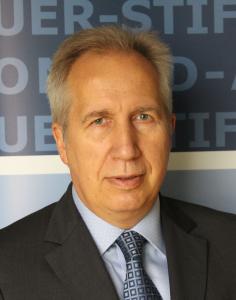From September 1, the new legislature would thus have all the political levers in favor of the government, which would allow outgoing President Andrés Manuel López Obrador (AMLO) to be whipped through Congress in his remaining four weeks some of his reform projects that have so far been denied (because they amend the constitution) – and that's exactly what it looks like. After the summer break, the outgoing Congress formulated all the projects described below in no time at all and prepared them for the vote of the new Congress with the majorities described above. The almost desperate protests of the opposition, which felt downright "ripped off" here, bounced off the existing legislation and the above-mentioned majorities in the INE and TEPJF.
The package of extensive reform proposals announced last year under the term "Plan C" has so far been rejected or at least put on ice by the lack of majorities (many of the initiatives require constitutional amendments) and corresponding decisions of the Supreme Court. Fueled by the election result and the emerging majority in Congress as described above, the discussion now picked up speed again and it was possible to cast the corresponding reform projects into proposals ready for decision at breathtaking speed.
In this scenario of heated political debates and emerging power relations, the almost silent transition of the elected President Claudia Sheinbaum to the office, which she will take up on October 1, is proceeding. At the center of this transition from AMLO to Sheinbaum is the question of what "political signature" can be expected from her. However, there are still hardly any reliable indications of this. Claudia Sheinbaum still acts like the top candidate chosen by AMLO in the election campaign, during a current joint tour of the country it is clearly visible who is still the boss (AMLO) and his faithful successor adheres firmly to the motto "es un honor estar con Obrador", which she chants several times at public appearances. The question of one's own accents, possibly even gentle corrections in various policy areas, has so far been sought in vain, the hope for more rationality, more international opening, more modernity remains, but without concrete indications or signs from it itself.
With "Mexico's Democracy at the Crossroads", a headline has been chosen that still resonates with a certain purposeful optimism that external pressure and economic policy rationality in particular are mitigating or curbing some of the politically questionable decisions.
The full-length publication is only available in German.



